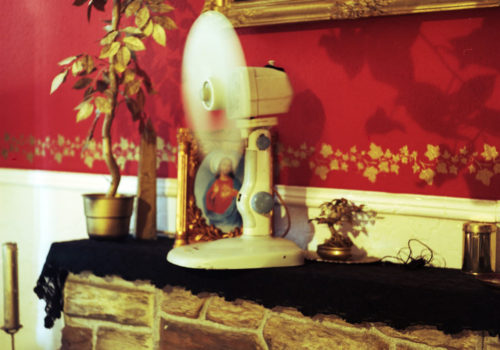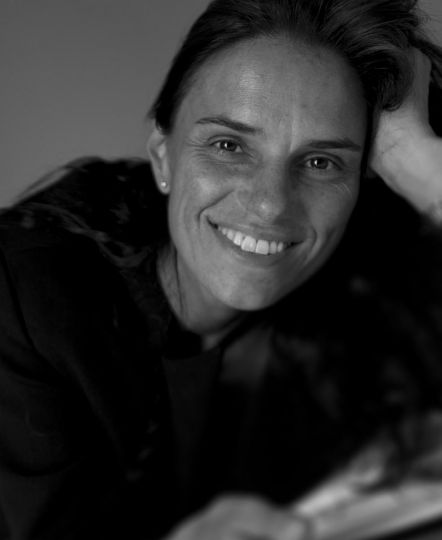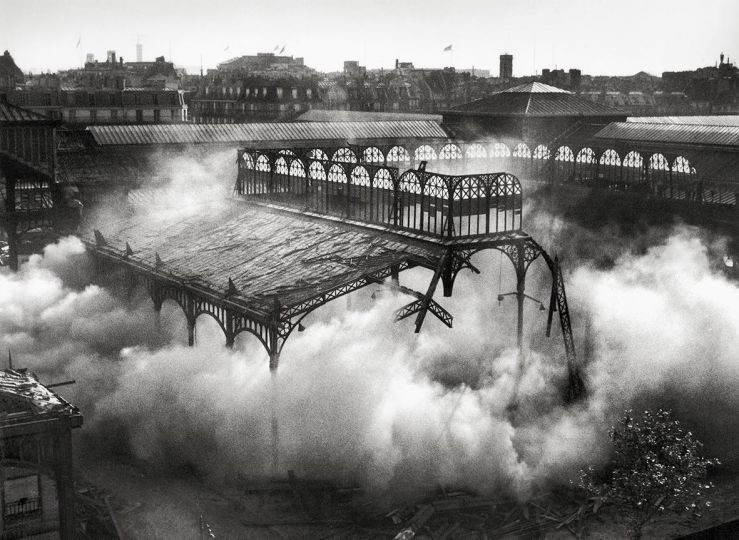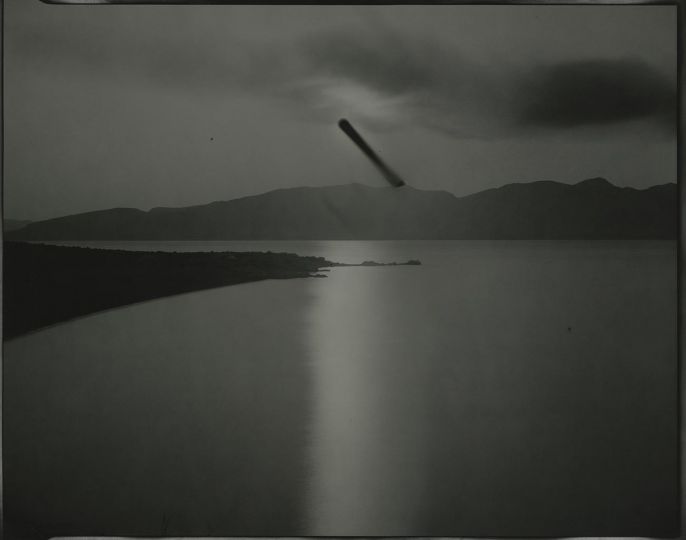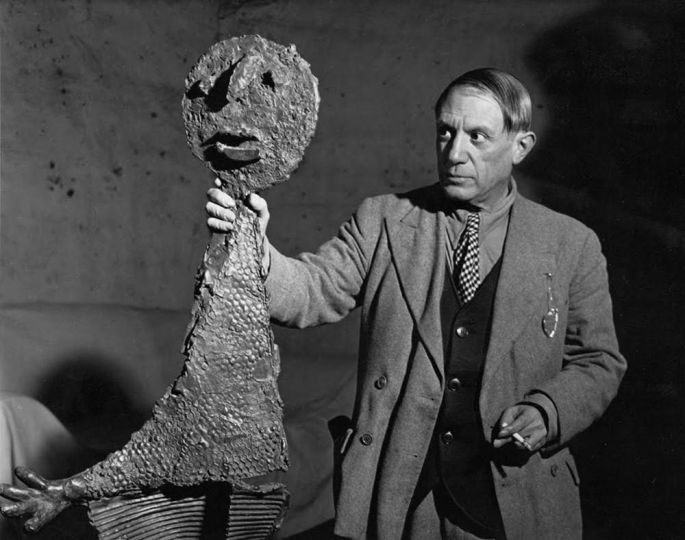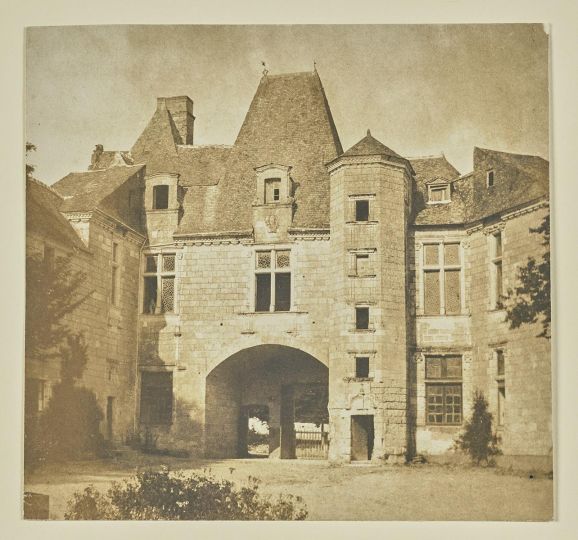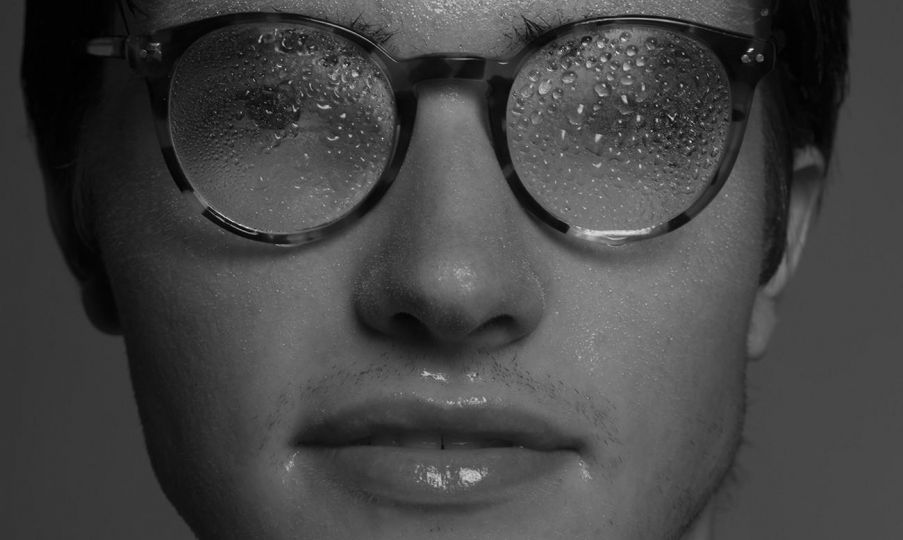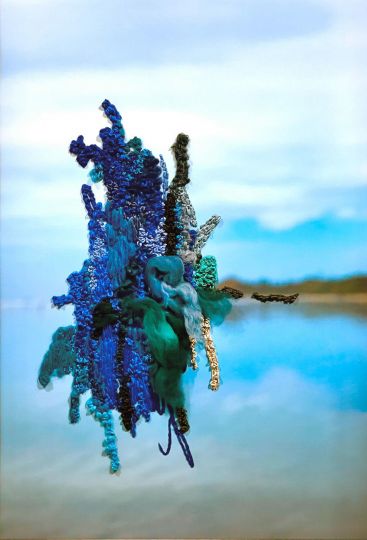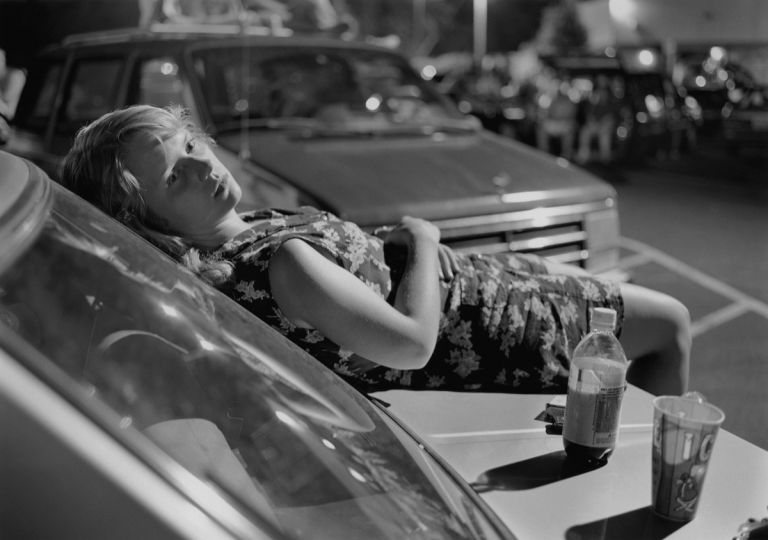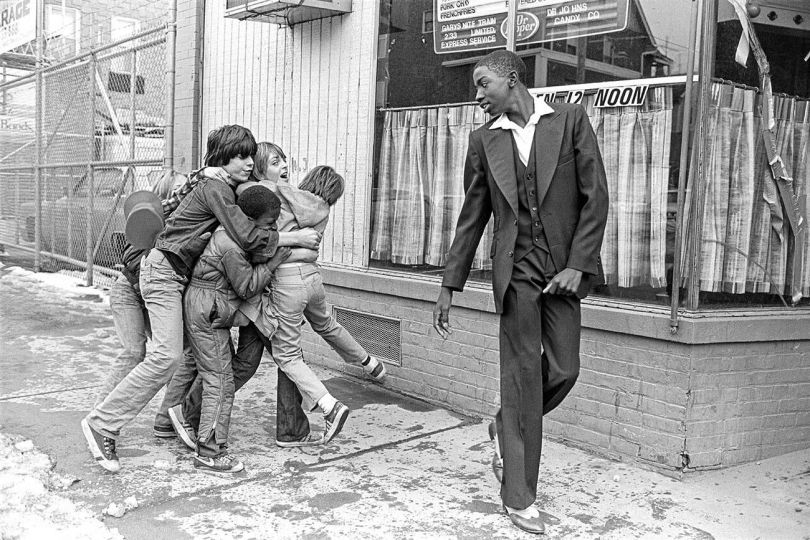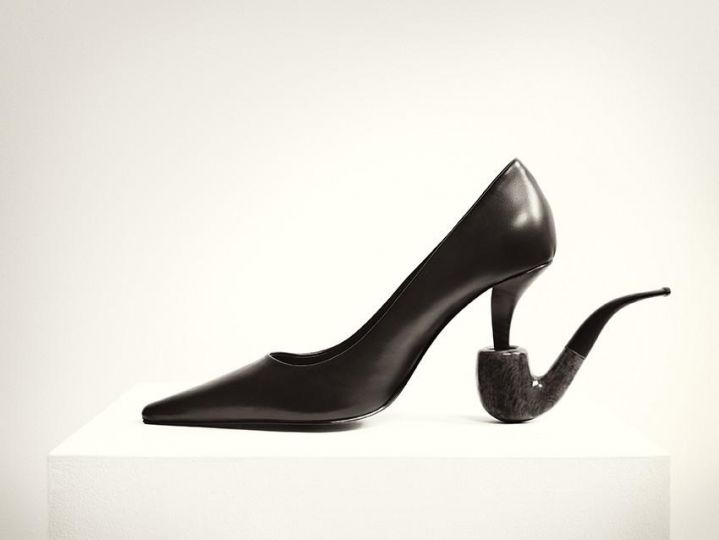Self publishing. It’s a slippery slope. Technology has made it possible for us to do whatever we want at a price we can afford. But where is the line between book, journal, catalogue, and diary—or does there even need to be one? It’s hard to know, it’s hard to say. A publisher’s imprint connotes a certain status, a rarified group of select individuals who can formally call themselves authors. But the open secret of the industry is that many books are subsidized.
The phrase “vanity books” is a misnomer. All books are the pursuit of a passion, a personal love affair with the subject, with the style, with the medium itself. Books, I like to think, are like children. They are conceived, gestated, and birthed into the world as a creation all their own, though the author’s name weighs heavily, reminding us of their parentage at every turn.
Yet the book stands apart from its creator. It is an entity unto itself. And with that distinction, whether it is produced by the industry or the artist matters less and less. These days, the lines are becoming more blurry as countless retailers provide ways to showcase non-trade books to the world. A stop in Marc Jacobs or Dashwood Books is evidence to this. Not to mention Amazon, the home for anything and everything in print.
And then there are connections, personal or professional, which provide us links to other minds, other creators, other worlds. Lilla Szasz is one such artist who operates both inside and outside the frame. She is a young Hungarian photographer for whom 2012 promises spectacular things.
Recently, she published Mother Michael Goes to Heaven, a small format collection of portraits of three prostitutes, two men and one woman, in their home in Budapest over the period of a year. As Szasz got to know her subjects, the photographs become increasingly intimate, and the space between them collapses into a tapestry of color, , of emotion, of spirit. We are not voyeurs but friends, drawn into a world few understand.
Prostitution is psychologically complex. It is alternately vilified or exalted, either way the people participating are somehow made inhuman. And perhaps that is because the idea of commodifying sex takes away from our essential humanity, and it asks us to consider something few of us want to experience or to be. Yet the curiosity remains as a constant throughout time. Who are these people? What brought them here? Why do they choose this for their lives?
As Szasz explains, “In my pictures I was trying to show the different layers of their relationships. Nothing is what it seems to be for the first sight or for the first hearing. There is no such thing like reality; it doesn’t exist as the eternal truth; each of us has its own reality. I wrote down what they told me – this was their reality. And I took pictures – to show my reality.”
Mother Michael Goes to Heaven raises these questions and does not seek to provide easy or comfortable answers. We look at Szasz’s photographs and see ourselves, our friends, our lovers. We do not see sex workers, victims, or predators. We see the humanity of individuals, restored and complete. We do not see sex or sexuality, but we see the sensuous side of humanity that reminds us we are all animals. We need love, affection, and attention. We need kindness, caring, and compassion. We are mammals, social creatures. We band together in makeshift families. We do the best—or worst—that we can, while we are here, until there is no more left to give or to take.
The book is named for one of the prostitutes, Michael, who took his own life. This is when Szasz decided it was time to turn this work into a book and share this story with the world. As she explains, “The absurdity was that with Michael’s death the story was complete. There was a beginning – when they moved in – and there was an end – when Michael died and they moved out from the flat. I was following a bit more than a year of their lives separately and together as a family in the flat. Nothing else could be added to the story now. When Michael died the flat was sealed by the police. It just ceased to exist.” And yet, it exists forever, if only in Szasz’s photographs and her documentation of their stories.
Self publishing is a blessing to many. Not just to the authors whose books are not deemed marketable by publishers eeking out a living as we transition from print to digital at lightening speed. But to the subjects themselves, whose stories are preserved like flies trapped in amber, living so far beyond their modest means. The words “vanity books” could disappear forever and I, for one, would never miss them. Better artists think highly enough about their work to put their money where there mouth is and share their stories with the world.

